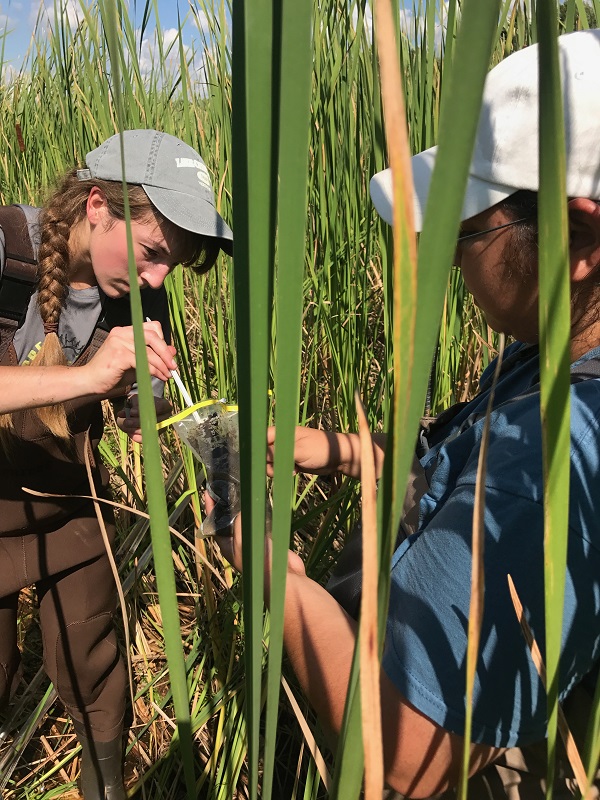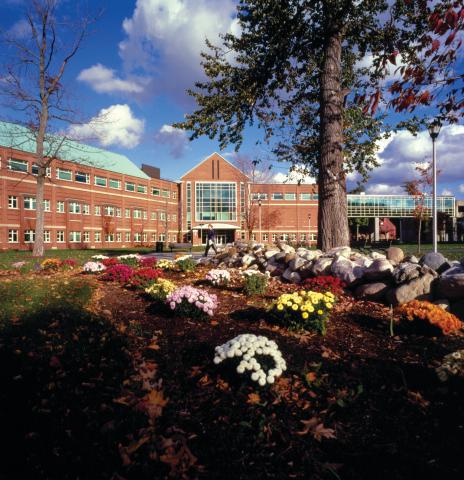Clarkson University Student Evie Brahmstedt will be presenting her talk titled “Mercury, Wetlands, and Water Level Changes: What Could Go Wrong?” on Wednesday at Schnitzels, 158 Pitt St. Cornwall, ON as part of the River Institute’s Nature on Tap Series.

Mercury is a potent neurotoxin that can pose detrimental health risks to both humans and wildlife. In the Upper St. Lawrence River, most mercury is deposited from the atmosphere but originates from current and past coal-burning power plants in southern Ontario, and from as far as the mid-west United States and even China. The combination of mercury in extensive cattail wetlands and changing water levels presents a potential “perfect storm” for mercury contamination within the Upper St. Lawrence River food web. Who will be impacted? Fish? Birds? Humans? In this talk, Brahmstedt will be explaining, how, why, and what she is doing to determine the magnitude of risk posed by mercury in these wetlands.
Brahmstedt is an Environmental Science & Engineering PhD candidate at Clarkson University’s Institute for a Sustainable Environment. In Dr. Michael Twiss’s limnology lab, she studies mercury cycling in freshwater riparian wetlands, with a focus on the Upper St. Lawrence River. Upon completing her PhD education, Brahmstedt hopes to find a position where she can further her research on pollution and freshwater wetland systems, teach and inspire future scientists, and also participate in environmental management by involving herself in organizations that function at the interface between science and policy.
To register for this event, visit www.riverinstitute.ca/ontap.
Click here for a shareable link: https://www.clarkson.edu/news/clarkson-university-phd-candidate-present-mercury-wetlands-river-institutes-nature-tap-series

